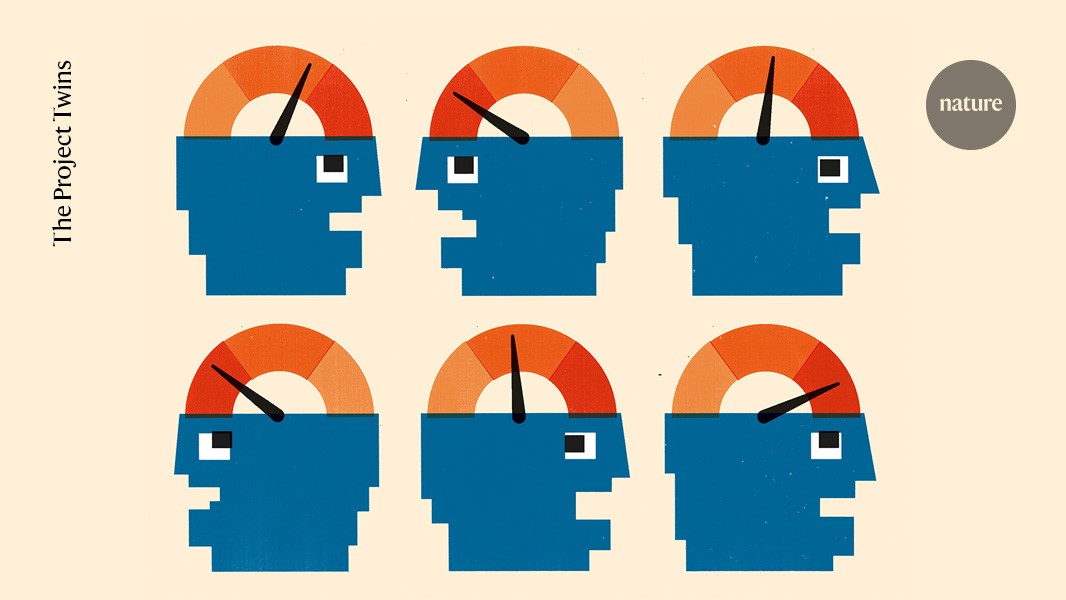
"Anshul Kundaje sums up his frustration with the use of artificial intelligence in science in three words: "bad benchmarks propagate". He expresses concern about questionable claims made by researchers about AI models, which take months to verify and often turn out to be false due to poorly defined benchmarks. This problem creates misinformation and wrong predictions, as flawed benchmarks are misused by enthusiastic users. The lack of reliable benchmarks threatens to undermine AI's potential to accelerate scientific progress rather than enhance it."
"Max Welling emphasizes that good benchmarks enable researchers to determine the best methods for specific applications. He describes benchmarks as the standardization of progress definition, akin to a standard meter for measuring accuracy. However, the fundamental question remains about what constitutes 'better'. This question is crucial for evaluating the effectiveness of different AI models in scientific research."
Frustration regarding artificial intelligence in science stems from the propagation of bad benchmarks. Researchers, including Anshul Kundaje, voice concerns about questionable claims related to AI models, which often prove to be false due to inadequate benchmarks. These flawed metrics lead to misinformation and hinder progress in computational genomics. Valid benchmarks are vital for comparing performance and determining the best methods for applications, according to Max Welling. The issue of defining what 'better' means is crucial for the true advancement of AI in scientific endeavors.
Read at Nature
Unable to calculate read time
Collection
[
|
...
]